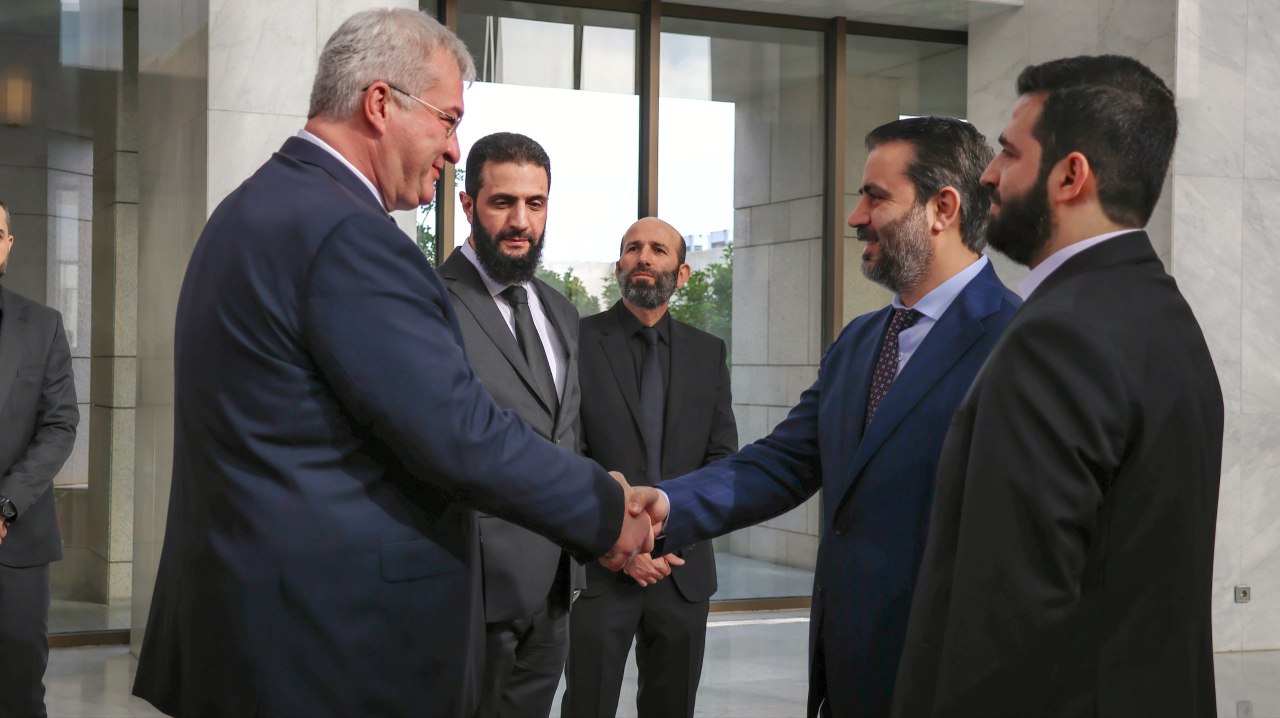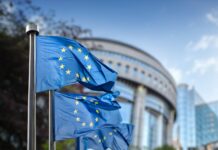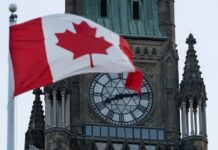
Earlier this week, the US formally revoked its designation of Hayat Tahrir al-Sham (HTS) as a foreign terrorist organization (FTO), marking a dramatic shift in American policy and signaling a broader effort to rehabilitate Syria’s international standing. The move follows an executive order signed by President Donald Trump on June 30 that terminated the longstanding US sanctions program on Syria.
HTS, once known as Jabhat al-Nusra and affiliated with al-Qaeda (AQ), has undergone a years-long rebranding and restructuring campaign. After severing ties with AQ in 2016, HTS led the December 2024 offensive that toppled the decades dictatorship of the Assad family. Ahmad al-Sharaa—once known as Abu Muhammad al-Jolani—former HTS leader, now serves as Syria’s president.
Not only HTS, but Sharaa, as well as Syria’s Interior Minister Anas Khattab, were also removed from US terror lists. “This FTO revocation is an important step in fulfilling President Trump’s vision of a stable, unified, and peaceful Syria,” Secretary of State Marco Rubio said.
UN Eyes Sanctions Review
With the US designation lifted, attention is turning to the UN, where sanctions on HTS and Sharaa remain in place. According to an unpublished report reviewed by Reuters, UN sanctions monitors found “no active ties” between HTS and AQ during the first half of 2025, a finding likely to support the US campaign to remove the group and key Syrian officials from the UN sanctions list. The report, based on assessments from UN member states, also described Sharaa and Khattab as pragmatic figures, who do not hold ideologically rigid views.
Washington is preparing a draft resolution to present to the UN Security Council lifting sanctions on HTS, Sharaa, and Khattab. However, diplomats say success is far from guaranteed. Russia and China—both permanent Council members—have expressed concern about the inclusion of “foreign fighters” in the Syrian army, especially those formerly linked to “extremist groups.” Foreign fighters remain a sticking point. While some integrated into Syria’s new army, the UN report noted others defected. UN experts warned this dynamic could fuel internal instability.
China’s UN Ambassador Fu Cong said in June that Syria must fulfill its counterterrorism obligations and crack down on groups such as the Turkistan Islamic Party (TIP), which includes fighters from China and Central Asia. Russia’s Ambassador Vassily Nebenzia echoed similar reservations, stressing that Syria’s military must consist of “professional personnel with untainted track records.”
Next Steps on the World Stage
Syria’s Foreign Ministry welcomed the US decision, calling it “a positive step toward correcting a course that previously hindered constructive engagement.” Officials expressed hope that the action would open the door to further international cooperation, particularly as Sharaa prepares to attend the UN General Assembly in September.
Still, the final decision on lifting UN sanctions rests with the Security Council. As diplomatic consultations continue, the future of Syria’s new government on the international stage remains uncertain.








